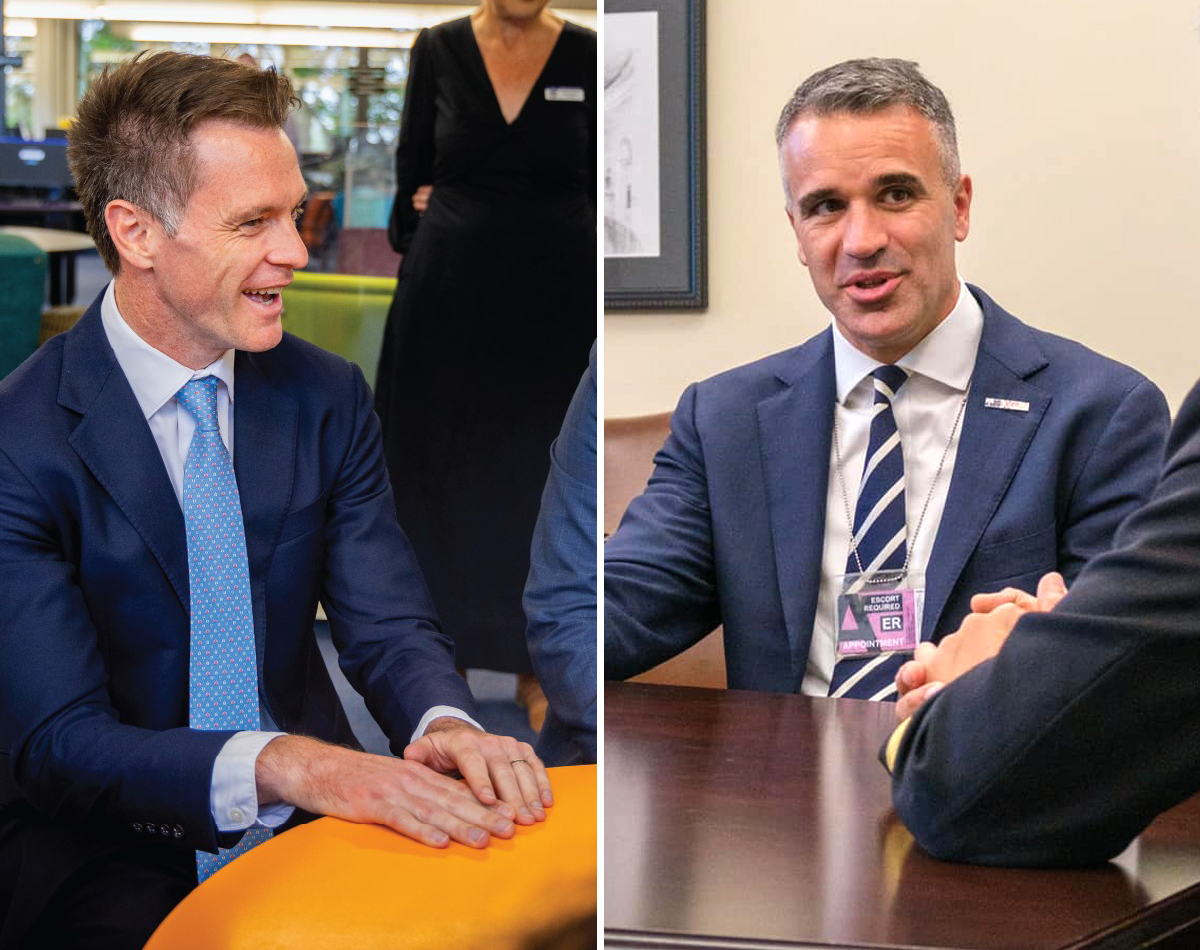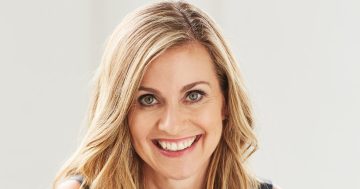
Dates for a joint summit on social media’s impacts and use have been locked in for Sydney and Adelaide. Photos: Chris Minns/Facebook and Peter Malinauskas/Facebook.
A potential ban on kids using social media will be on the table at a two-day summit scheduled for October.
The Social Media Summit will help inform the design and delivery of a range of policies, programs and resources to address the challenges posed by social media platforms, particularly those affecting children.
NSW Premier Chris Minns said young people’s physical and mental health were being affected in a variety of ways.
“I don’t think there’s any expert who works in this area who won’t tell you it’s a major concern for young people, whether it’s body image, whether it’s bullying, whether it’s harassment,” he said.
“[This goes] all the way to it being a giant waste of time, a time suck on young people and time away from spending time with their friends, with their family, getting out into the community.”
Plans for the summit were first announced in May 2024, with dates now confirmed.
The two-day summit will kick off in Sydney on 10 October, before moving to Adelaide the following day.
South Australia Premier Peter Malinauskas said participants would hear evidence about a potential age-driven ban.
“We know that social media is causing our children harm, and we’re determined to make a difference,” he said.
“At my request, former Chief Justice of the High Court Robert French is conducting a significant legal examination into banning children under the age of 14 from having social media accounts, and requiring parental consent for 14- and 15-year-olds.
“This summit will present a significant opportunity for parents to understand the scientific evidence underpinning our decision and hear ideas on how to improve the wellbeing of our most important resource – our children.”
In addition to NSW and South Australia raising a potential ban on kids accessing social media, the Queensland and Victorian premiers have also flagged their support.
The Social Media Summit will also examine the development of a public health response for harm minimisation, the use of social media in schools and the link between radicalisation and extremist content on social media platforms.
It is also set to explore online safety concerns, the use of social media platforms in the spread of disinformation and misinformation and how social media is changing how governments deliver services.
Mr Minns said the summit’s focus on young people was overdue.
“At the end of the day, I believe that social media is a giant worldwide unregulated experiment on young people,” he said.
“It’s been in use in a ubiquitous way, right across the world since 2010, but at the same time as widespread use of social media, we’ve seen incidents of mental health deterioration and even self-harm amongst young people increase over the same period of time.”
Mr Minns said that while there were benefits for young people using social media, the “evidence is in” that they were also being harmed.
“I’ve heard of all of that [kids and teenagers accessing mental health support and other services through social media platforms],” he said.
“But there’s more than one way of providing that access, and it doesn’t necessarily have to be through TikTok.”
Further information on keynote speakers, panellists and detailed event schedules are expected to be released later in the year.








